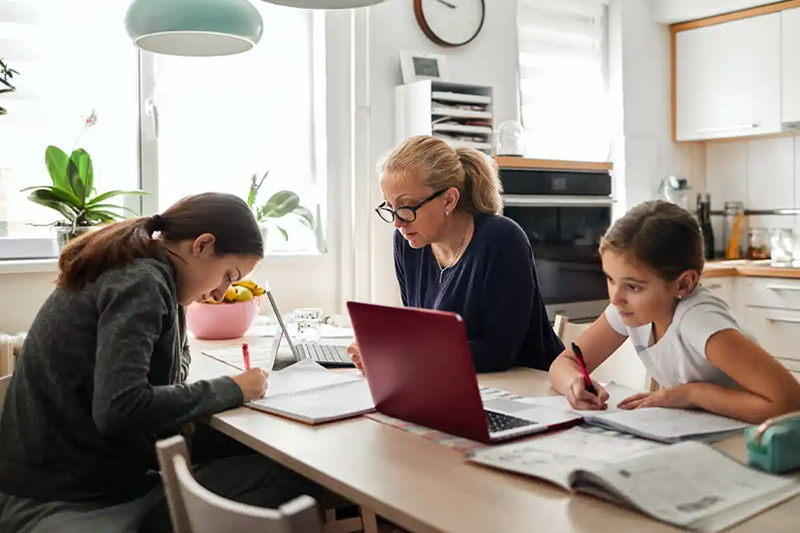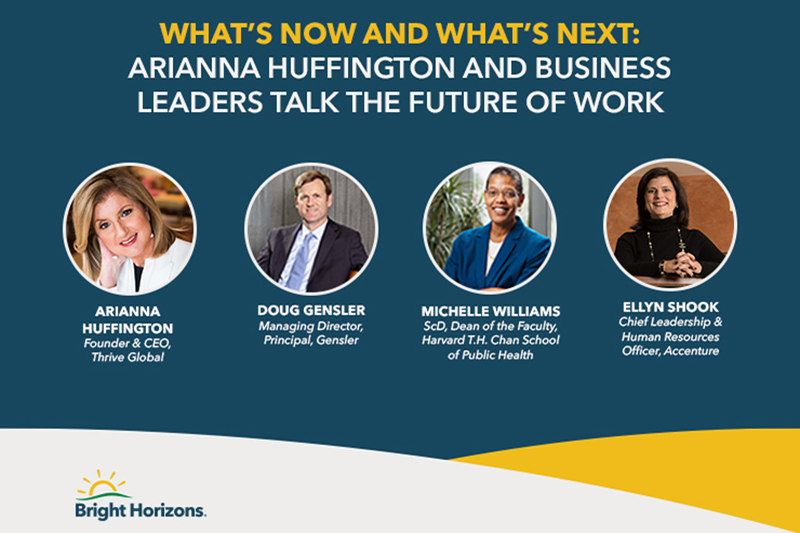Recently, I was chatting with a former colleague about how he was doing. He answered by talking about his clinical anxiety. “Honestly,” he said, “it’s off the charts.”
The pronouncement wasn’t a big shock. Most of us would probably put our own anxiety these last couple of years somewhere between DEFCON 2 and 1. It was the ease with which he talked about it that’s new. What a change from way back in 2019 when people felt they had to cloak issues like that under euphemisms like, “I’m just a worrier” -- assuming they mentioned them at all.
And my former colleague isn’t not the only one talking.
OLD ISSUES NEWLY BROUGHT TO LIGHT
Since COVID sent us all retreating to our home offices, the floodgates on our feelings have opened. Maybe it’s the shared experiences of uncertainty. But on Zoom and in person, people have been talking openly about counseling sessions and therapist appointments; anxieties and sleepless nights. I’ve personally heard people unapologetically announce that they’ll be taking a day off “to take care of my mental health.” A year ago, such pronouncements were so unusual, they made national news.
It’s not like any of this just appeared. Statistics pre-COVID said 1-in-5 people were already struggling with a diagnosis like depression or anxiety. COVID-19 just seems to have stripped people of the need to hide it. “It’s the majority of folks who I see as patients,” one clinical psychologist told WBUR in Boston, “who have experienced an increase in mental health symptoms from this.”
A POSITIVE LEGACY?
All this more than a year after clients told us they were trying to bring mental health to the forefront. Back at a pre-COVID forum, premier companies from around the country said they saw mental health as priority. They wanted to remove barriers to getting support; they wanted to bring services to employees; they saw mental health as part of the future of benefits. Most of all, they wanted to eliminate stigmas. One employer introduced a program encouraging employees to share experiences with depression and anxiety; so people would know it was ok. “It makes people feel less alone.”
“No one will think twice before going to a doctor,” said another client. “How can you get people to not think twice about going to a therapist? It’s just as important.”
And that’s the interesting part of the current situation. The shared experience that is COVID-19 seems to have done the very thing years of good intentions could not do – bring mental health out in the open. “One positive effect” one expert told WBUR in Boston, “is that it has made many people think more deeply about how we take care of one another, and ourselves.”
The last 18-plus months may have been short on celebrations. But, there may be some positives. And as we observe World Mental Health Day, there’s this. If finally employees feel free to openly say, I need to take care of my emotional health as well as my physical health…that at least might be a legacy worth remembering long after the virus is gone.





